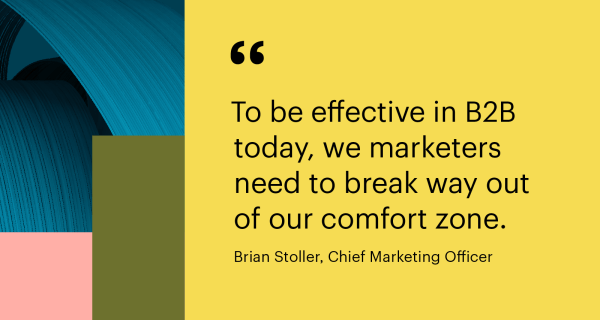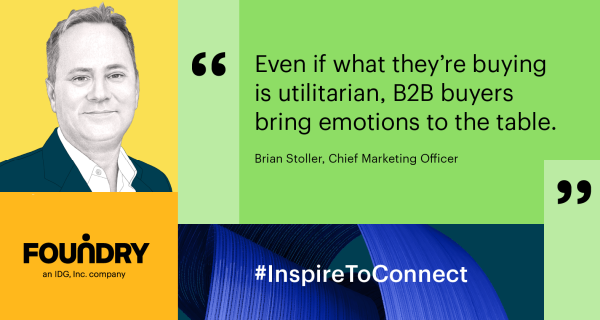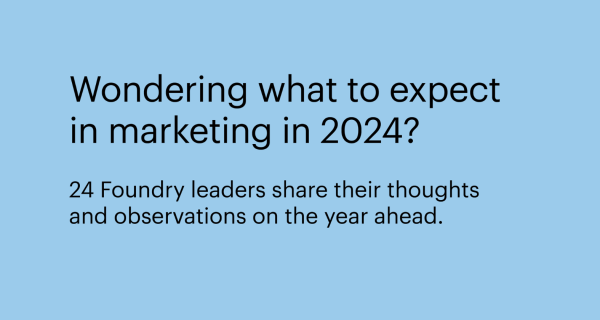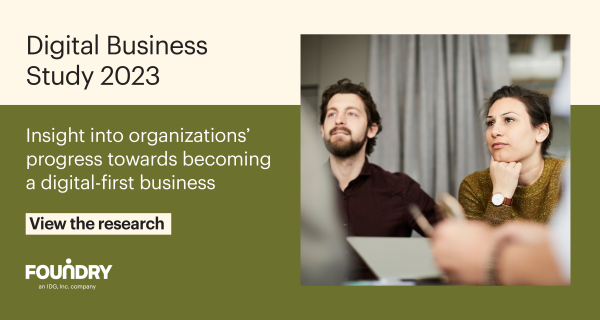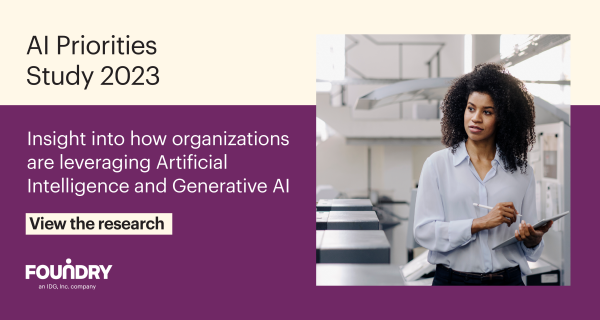As the landscape of buyer’s needs continues to evolve, the role of the B2B CMO has transformed into a leadership position of what I recently dubbed ‘the digital dream team’. This team is tasked with navigating a dynamic market defined by change and working across the broader organization to be involved in engagement beyond customers’ initial interactions.
Here are 5 changing influences redefining the role of the CMO and their impact on business growth:
1. Increasing demand for digital experiences
Between an increasingly remote workforce the need for digitalization in all industries, and the evolution of buyers becoming increasingly savvy in what they need and where to spend their money, it seems everything is digital. Shopping for a new outfit, hiring a dog sitter, or even ordering your Whole Foods groceries on Amazon. We’re so comfortable doing everything digitally. That ease of doing research and purchasing something with just a few clicks? Buyers now expect that same digital convenience during a B2B transaction.
93% of organizations have adopted or have plans to adopt a digital-first business strategy. B2B buyers now expect a digital purchase journey from start to finish, and CMOs must evolve to stay ahead of the curve. The key lies in integrating digital convenience into the B2B buyer’s journey. An example of this could be chatbots, freemium models, or even an interactive digital experience like Foundry IntentBot, that allows users to interact with your product before sending an inquiry to sales.
2. Expanding buying-teams and generational preferences
A one-size-fits-all approach just won’t cut it. The average number of individuals who influence the tech purchase process increased to 25 people, up from 20 people in 2022. To add another layer of complexity, there are varying content preferences among younger generations involved in the decision-making process. Foundry’s 2023 Customer Engagement Study revealed over half of Gen X respondents said product tests and reviews are important compared to 30% of Gen Z. A similar contrast was evident with product demonstrations and literature, which are deemed valuable by 44% of Boomers and 50% of Gen Xers but just 15% of Gen Zers.
The challenge for CMOs lies in not only adapting to the expanding size of buying teams and their preferences, but also in catering to the content preferences of the Millennial and Gen Z demographics. CMOs should leverage data-driven insights to understand not only who the buyers are but also what resonates with them and how they prefer to be engaged. This approach opens doors to crafting tailored messages that resonate with decision-makers across different generations, ultimately driving revenue.
3. Artificial intelligence adoption
IT organizations and CMOs are beginning to embrace AI, viewing it as a catalyst for business growth, rather than a threat. ITDMs expect a positive benefit from Gen AI as 55% agree that Gen AI infused products create better business outcomes and another 55% agree that Gen AI is allowing employees to refocus on high value-adding tasks.
By investing in AI technologies that align with specific B2B objectives, CMOs can unlock opportunities for improved process optimization, targeted outreach, personalization, and advertising, to name a few. However, to be successful, CMOs must have a strong understanding of organizational needs and apply a strategic approach to AI implementation.
UK fashion brand, Thread, is a great example of AI marketing in practice. With over 600k customers, Thread uses AI to provide personalized clothing recommendations for each customer while delivering hyper-personalized emails at scale. This allows Thread to create a hyper-personal experience and tailor their marketing recommendations based on customer engagement. B2B brands can also draw insight from this model. Printer manufacturer Epson saw firsthand the benefits of AI adoption when they worked with Conversica, a company that specializes in AI automated emails. Thanks to this partnership, Epson saw a 240 percent increase in its customer response rate and a 75 percent increase in its number of qualified leads.
4. Brand and trust
Brand awareness matters – 65% of ITDMs typically spend more time-consuming content from known and trusted brands. As we enter a new era of artificial intelligence, trusted sources and brands with strong beliefs will become increasingly valuable.
CMOs, particularly in B2B marketing, can lean into branding and define their purpose and mission, further connecting with customers emotionally. Emphasizing educational content, thought leadership, and transparent communication are going to be major contributing factors to establishing brand as an authority and reinforcing trust among audiences.
Foundry’s initiative, “Stores inspire. Data connects.,” launched in late 2023. The campaign focused heavily on brand and educational content, including a hub of thought leadership content as well as a half-day event featuring industry experts sharing practical solutions and deep insights. The results proved successful, including a 164% surge in overall website conversions and a 44% increase in session duration compared to visitors unaffected by the campaign.
5. Growing involvement in customer engagement
While the CMO isn’t accountable for every aspect of the customer lifecycle, a significant focus lies on shaping the digital customer experience. This involves crafting a unified strategy throughout various stages of customer engagement.
One way the CMO and marketing can become a customer intelligence engine is by adopting the Adaptive Customer Engagement model, or ACE. This model was designed to meet the needs of modern B2B buyers and involves connecting customer data across the enterprise, fostering a deep understanding of both current and ideal customers. From the initial engagement with the brand to the ongoing customer relationship, the goal is to deliver tailored content and engagement.
Conclusion
Undoubtedly, over the next two years, the CMO role will continue to evolve as new influences emerge. The modern CMO plays a major role in ‘the digital dream team’ and is characterized by adaptability and a strategic mindset. By leaning into developing market influences and embracing change, CMOs can lead the charge of generating business growth for their organizations now and well into the future.
To learn more about the dynamic role of the CMO, watch the Inspire to Connect session, Adaptive Customer Engagement: How to engage with today’s buyers, on-demand now.


